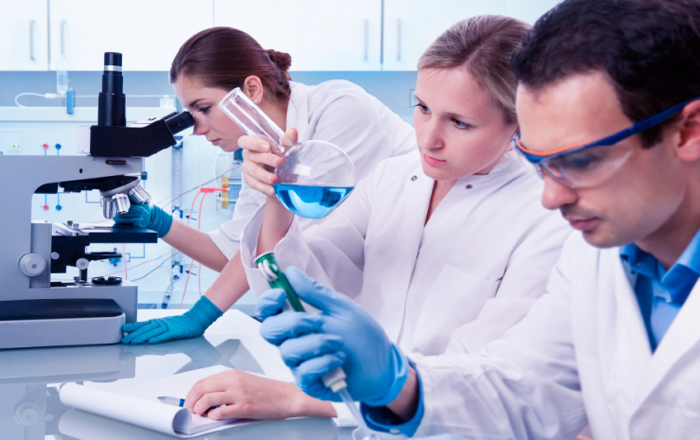
A pathology course provides an in-depth study of diseases, their causes, mechanisms, and effects on the human body. Pathology is a crucial field in medicine as it underpins our understanding of diseases, helps in diagnosis, and guides treatment strategies. Below are the typical details you might expect from a pathology course:
Course Levels:
1. Undergraduate Level:
- Introduction to Pathology: Basic concepts, terminology, and principles of pathology.
- General Pathology: Study of basic disease processes, inflammation, immune response, and neoplasia.
- Systemic Pathology: Focuses on diseases affecting specific organ systems.
2. Postgraduate Level:
- Anatomic Pathology: Study of disease based on examination of organs, tissues, and cells (includes surgical pathology, cytopathology, and autopsy pathology).
- Clinical Pathology (or Chemical Pathology): Focuses on laboratory analysis of body fluids and other samples to diagnose disease (includes hematology, clinical chemistry, immunology, and microbiology).
- Molecular Pathology: Study of disease at the molecular level, involving genetics, genomics, and proteomics.
Course Content:
- Cellular Pathology: Understanding cell injury, cell death, and adaptation.
- Inflammation and Repair: Mechanisms and consequences of tissue inflammation and healing.
- Neoplasia: Study of tumors, benign and malignant, and their molecular basis.
- Microbiology: Introduction to infectious diseases and their pathology.
- Hematopathology: Study of blood and bone marrow diseases.
- Special Pathology: Diseases specific to particular organs or systems (e.g., cardiovascular, respiratory, gastrointestinal).
Skills and Techniques:
- Histopathology: Microscopic examination of tissues for disease diagnosis.
- Cytology: Study of individual cells for diagnosis, often using samples from body fluids.
- Molecular Techniques: PCR, DNA sequencing, and other molecular methods for disease diagnosis.
- Clinical Laboratory Skills: Hematology, clinical chemistry, microbiology, and immunology laboratory techniques.
Practical Experience:
- Laboratory Work: Hands-on experience in histopathology, cytology, and clinical pathology labs.
- Case Studies: Analysis of real-life patient cases to understand disease diagnosis and management.
- Clinical Rotations: Observing and assisting pathologists in hospitals and diagnostic labs.
Assessment:
- Examinations: Written exams covering theoretical knowledge.
- Practical Assessments: Evaluation of laboratory skills and techniques.
- Research Projects: Independent research on a pathology-related topic.
Career Opportunities:
- Pathologist: Diagnosing diseases through examination of tissues and laboratory tests.
- Research Scientist: Conducting research to understand disease mechanisms and develop new treatments.
- Clinical Laboratory Scientist: Working in diagnostic labs to perform and interpret tests for disease diagnosis.
Duration:
- Undergraduate: 3-4 years
- Postgraduate (Masters): 1-2 years
- Postgraduate (Ph.D.): 3-5 years
These are general details and can vary depending on the institution and country. If you're considering a pathology course, it's essential to research specific programs to find one that aligns with your interests and career goals.
